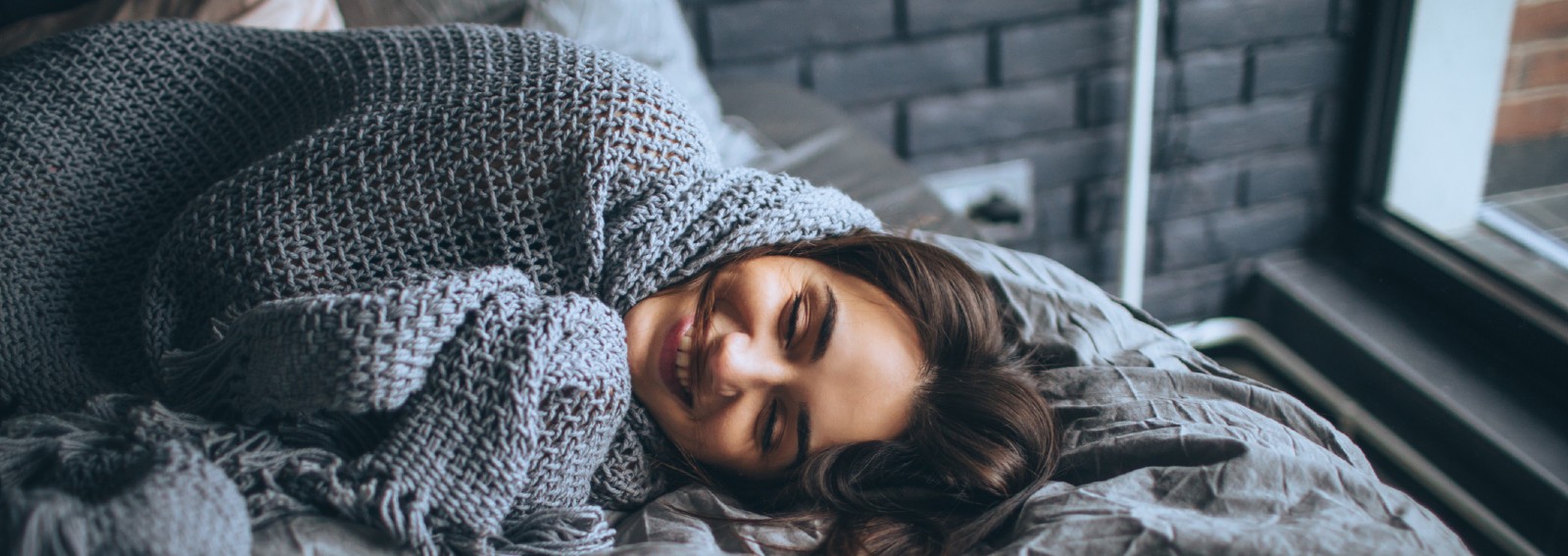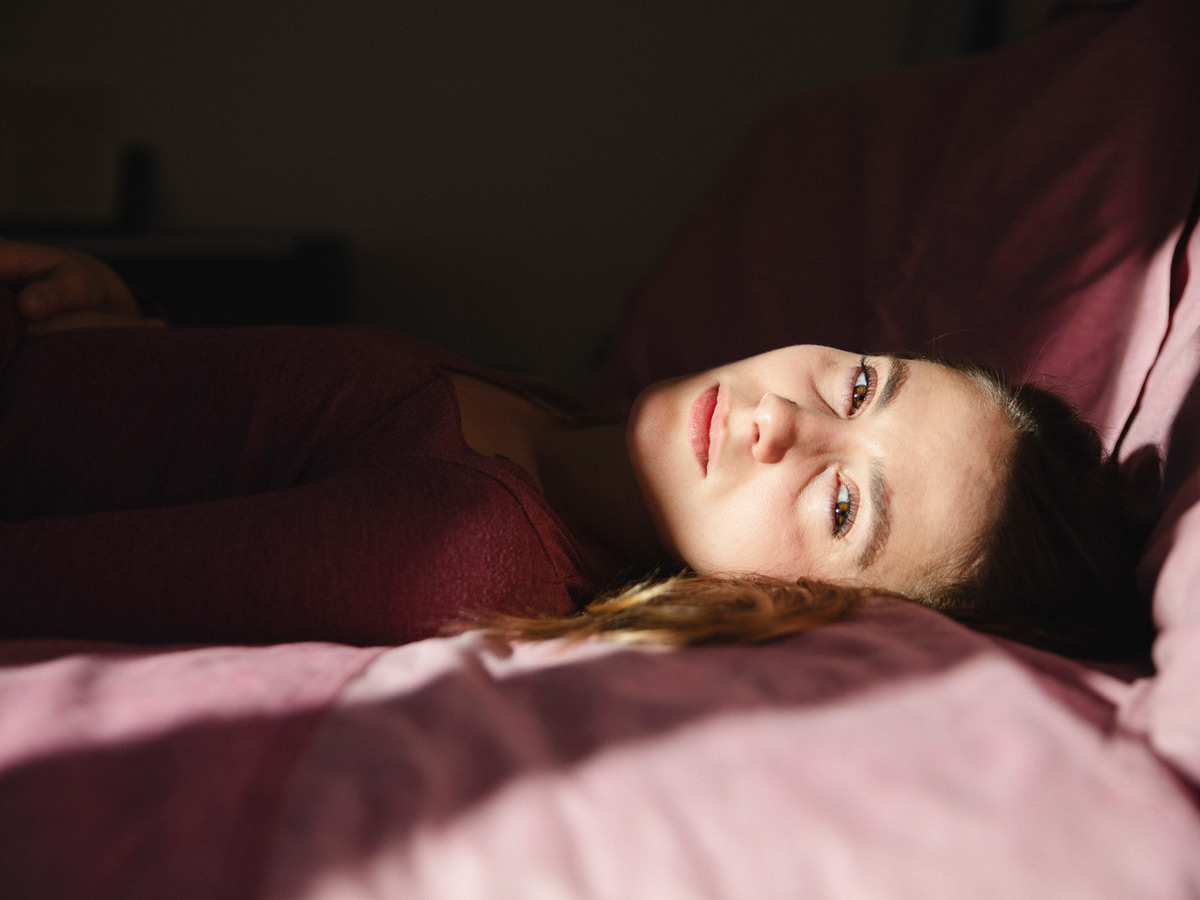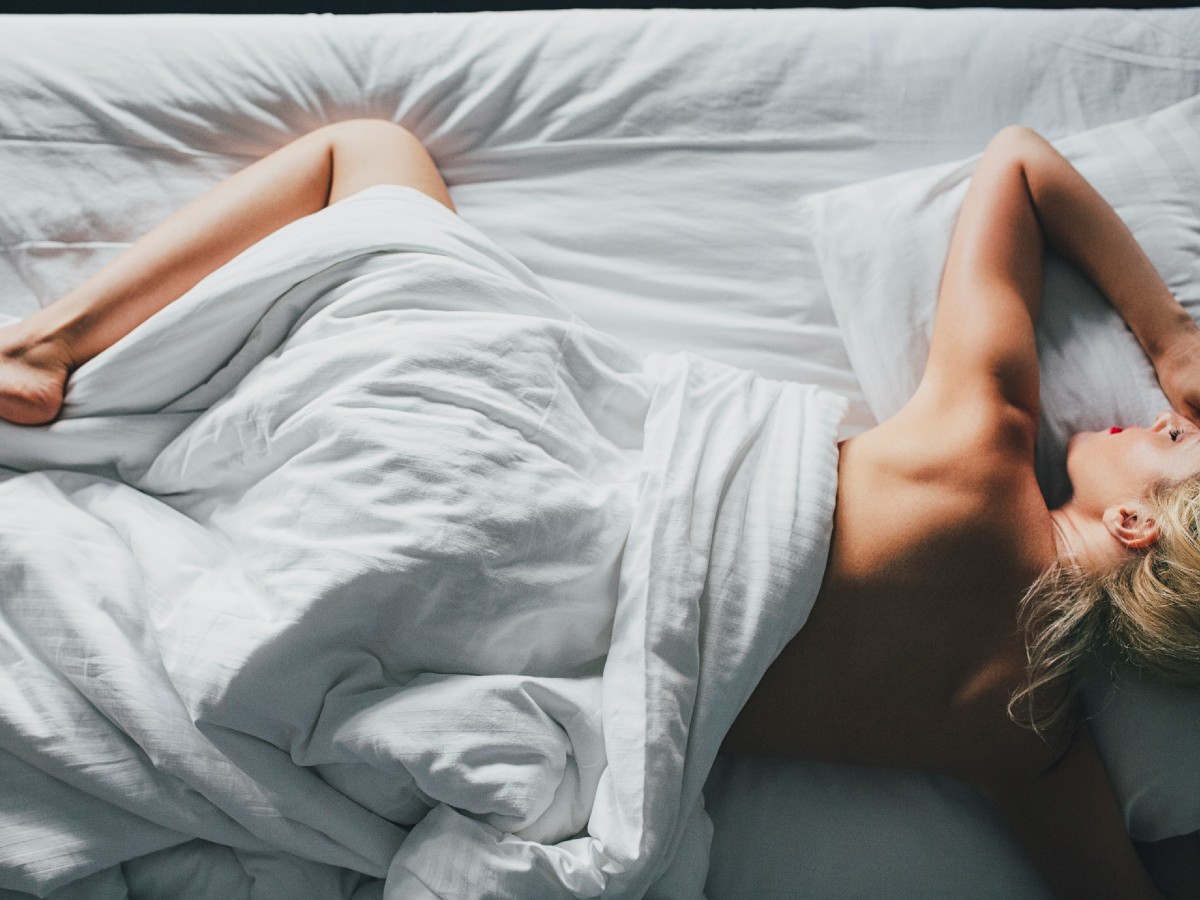

We’ve heard it time and time again: quality sleep is essential for our physical and mental well-being.
Good sleep not only recharges our batteries but also plays a crucial role in overall health. However, in today’s fast-paced world, many of us struggle to get the restorative rest we need.
There are, however, some things we can do—or avoid—that help our bodies prepare for sleep.
So, what activities can we indulge in, and what should we steer clear of, during the two hours before bedtime? Here are some habits that can help or hinder our sleep, ensuring we get the rest we need.
How to Choose the Right Pillow for Better Sleep
Supplements and Natural Remedies for Better Sleep
What Not to Do Before Bedtime

Consuming Caffeine
One of the biggest culprits sabotaging sleep is caffeine. Drinking coffee, tea, or even eating chocolate in the evening can keep us awake longer than anticipated.
Experts recommend avoiding caffeine at least 8–9 hours before bedtime. Caffeine has a half-life of around six hours, meaning it remains in your system long after consumption, reducing the quality of deep sleep.
To improve sleep, consider replacing coffee with herbal teas like valerian or passionflower, known for their relaxing properties.
Eating Too Much
The way and timing of your dinner can also affect sleep. A heavy, fatty meal right before bed can lead to indigestion and disrupt sleep.
Experts advise dining at least three hours before bed and opting for lighter meals rich in lean protein, such as chicken or fish. Foods containing tryptophan, like turkey and nuts, and magnesium-rich vegetables, such as leafy greens, can promote better sleep by boosting melatonin production, the sleep hormone.
Drinking Alcohol
A glass of wine might seem like a pleasant way to unwind after a long day, but moderation and timing are key.
While a small amount of alcohol might initially help you fall asleep, experts recommend avoiding it at least three hours before bed. Alcohol can disrupt sleep cycles and reduce overall rest quality.
Exercising in the Evening
Regular physical activity is crucial for good sleep, but timing matters.
Experts suggest avoiding intense workouts at least 90 minutes before bedtime, as exercise raises body temperature and activates the nervous system, making it harder to fall asleep.
Light activities like yoga or stretching, however, can be beneficial and are suitable closer to bedtime.
Using Screens (From Phones to TVs)
In today’s tech-driven world, it’s tempting to scroll through your phone, check work emails, or browse social media before bed.
However, blue light emitted from screens, including televisions, can interfere with melatonin production and delay sleep onset.
Experts advise avoiding screens at least 30 minutes before bed.
Engaging in Intense Discussions
Emotionally charged or stressful conversations can keep your mind active, making it hard to relax before bed.
It’s best to avoid stressful discussions at least an hour before turning in.
The 3-2-1 Rule for Better Sleep
What to Do Before Bedtime

Taking a Relaxing Bath
A warm, soothing bath is a fantastic way to prepare for a good night’s sleep. Studies show that bathing an hour or two before bedtime can improve sleep quality.
This is because a warm bath helps lower your body temperature, which is essential for falling asleep.
Reading a Book
Reading before bed is a great habit for promoting sleep. It acts as a relaxing activity, helping to distract the mind from daily worries.
Whether it’s a captivating novel or non-fiction, dedicating time to reading can enhance sleep quality. Audiobooks are also a good alternative, but it’s important to set a time limit to avoid dozing off mid-listen.
Having Sex
Engaging in sexual activity before bed can promote relaxation and a sense of well-being by releasing hormones like oxytocin and prolactin.
Unlike other activities, sex has no time restrictions, so feel free to enjoy it without worrying about its impact on sleep quality.
Sleep Divorce: The Secret to a Happier Relationship
This article first appeared on Grazia.it













